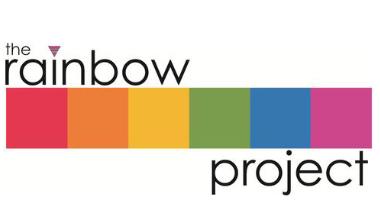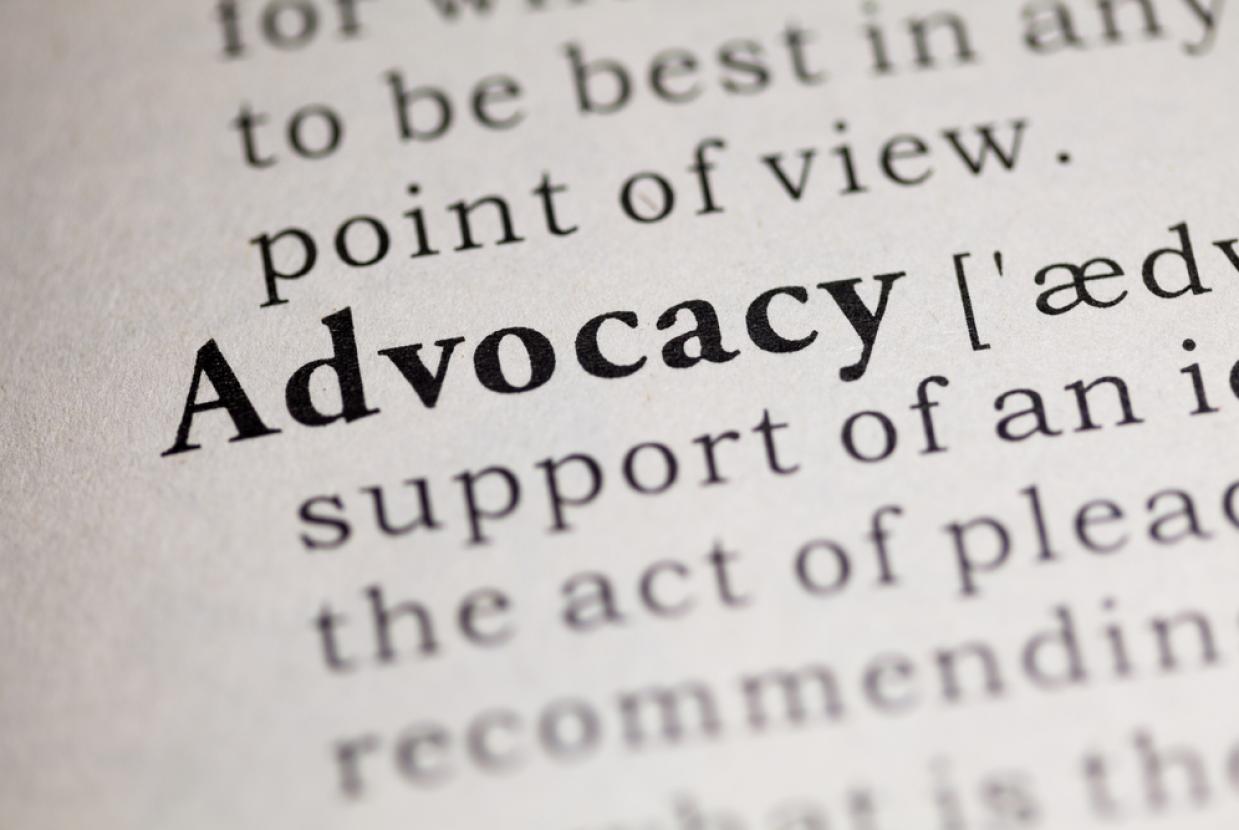PrEP: What To Know
PrEP or Pre-Exposure Prophylaxis is a pill which when taken as directed can practically eliminate your risk of contracting HIV.
Who should take PrEP?
If you are HIV negative and at high risk of HIV then PrEP can stop your risk of contracting HIV. You might be considered at risk of contracting HIV if you:
- Don’t always use condoms for anal or vaginal sex
- Are an injecting drug user who doesn’t always use clean needles
- Are a sex worker
- Have a partner who is HIV positive with a detectable viral load or doesn’t take their HIV medication regularly
- Have had a recent STI (especially a rectal infection or syphilis)
- Use recreational drugs for chemsex (crystal meth, mephedrone and GHB)
- Have recently needed PEP (Post-Exposure Prophylaxis)
If any of these factors apply to you, you will most likely be able to get PrEP for free on the NHS at any GUM clinic across Northern Ireland. To find out more click here.
Are there side effects?
Generally, the vast majority of people taking PrEP do not experience any side effects. Just 1 in 10 people will experience mild nausea, diarrhoea, bloating or headaches but usually these side effects subside in the first month.
Occasionally, PrEP can reduce kidney function and/or bone health. This is why kidney tests are run before and during treatment as a precautionary measure.
How effective is PrEP?
PrEP is more than 99% effective at stopping HIV infection when taken correctly.
Things to do before you start PrEP
- Get an HIV test
- Check your kidneys
- Test for Hepatitis B (HBV)
Can I stop PrEP completely?
You can stop taking PrEP whenever you feel it is no longer necessary for you. If in the future your circumstances change again, it is easy to restart PrEP.
How do I get PrEP on the NHS?
You will need to call your local GUM clinic as you normally would when you’re booking a full STI test but instead ask for a ‘PrEP assessment’.
For more details on whether you’re eligible to get PrEP on the NHS and contact details for all GUM clinics in Northern Ireland click here.
































